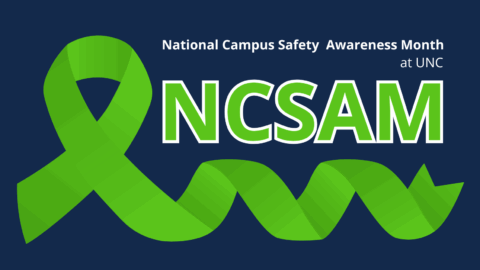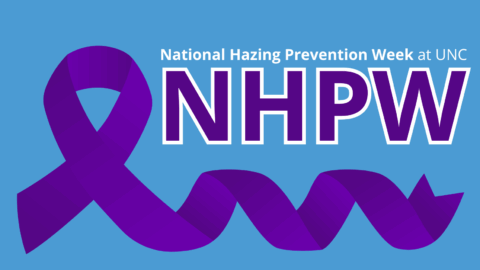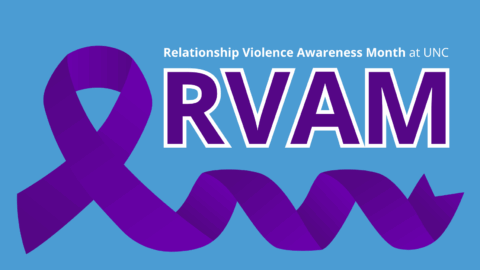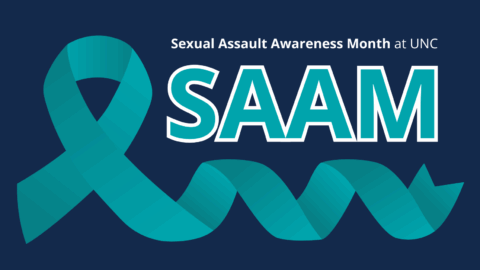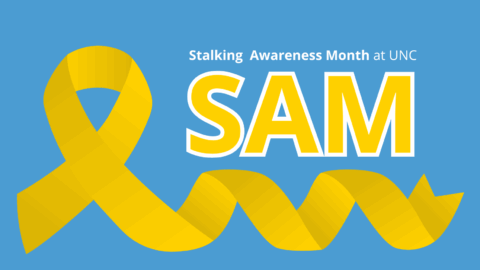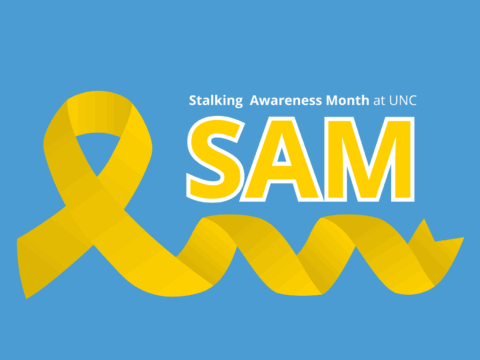Awareness on Campus
Creating a safe and supportive campus community starts with awareness. Each year, national awareness months highlight issues that affect campuses and communities everywhere, including sexual misconduct, interpersonal violence, stalking, hazing, and more. These observances give our campus an opportunity to:
- Learn how these issues impact communities and what signs to recognize.
- Support friends, colleagues, peers and loved ones by knowing available resources.
- Engage in events, workshops, and conversations that promote safety and respect.
- Take Action to help build a safer and supportive Carolina.
College campuses are not isolated from these issues—they are places where prevention, education, and support can make a meaningful difference. Awareness months provide opportunities to foster conversations, promote healthy norms, and ensure every Tar Heel knows there are resources available and ways to get involved.
Explore Opportunities and Learn More
Throughout the year, the Carolina community participates in national awareness campaigns. Learn more and find ways to get involved:

